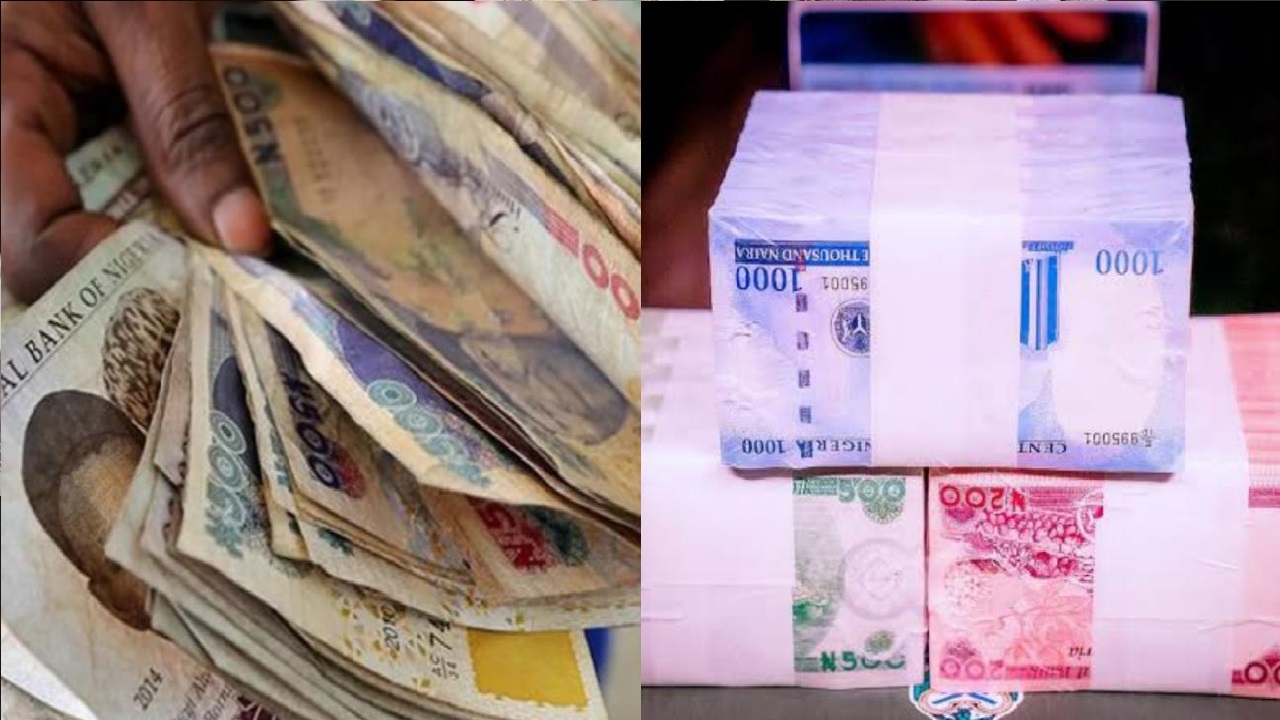Nigeria has taken a major step towards achieving a unified and market-driven exchange rate for its currency, the naira, after years of multiple and overvalued rates that discouraged foreign investment and hurt the economy.
The reform, which was initiated by the new administration of President Bola Ahmed Tinubu, has led to a significant depreciation of the naira against the US dollar, but also to a more realistic valuation of the currency, according to analysts.
According to a June 28 note by Bank of America (BOfA), the naira has moved from being overvalued to undervalued following the reform, and its fair value is now estimated at N680 per USD, compared to N580 before the reform.
However, the bank expects the naira to trade above this level in the short term, reaching N700 by the end of 2023, before returning to N650-N680 in early 2024.
The naira has weakened by over 60 percent since Nigeria floated the currency on June 14, dropping from N460 per USD before the reform to N780 per USD as of June 29, according to FMDQ data. The BOfA’s fair value estimate of N680 means the naira is now 12 percent undervalued.
The analysts at BOfA said that the reform was timely and crucial to set Nigeria on the path of economic growth, but cautioned that it would take some time to align rates and unlock more USD into the formal market1. They added that when the dust has settled, the value of the naira should be stronger and appreciating.
The analysts also projected that Nigeria could still achieve consistent current account surpluses over the medium term, despite higher oil exports and a liberalised import regime, which would boost dollar inflows and support the naira.
They estimated that an addition of $12-13 billion on export revenues from higher oil production would be moderated by an increase of $10 billion in non-oil imports, resulting in a net gain of $2-3 billion that would strengthen the current account surplus.
The foreign exchange reform is one of the key policy measures taken by President Tinubu since he assumed office in May 2023.
He has also scrapped a costly and opaque petrol subsidy program, which is expected to save the government about 2 trillion naira in 2023, equivalent to 0.9% of GDP.
However, these reforms have also increased the cost of living for many Nigerians, who are already facing economic challenges caused by the COVID-19 pandemic, the removal of fuel subsidy, and the devaluation of naira.
The World Bank has commended Nigeria for taking these bold steps to address macroeconomic imbalances and restore stability, but stressed that it is critical to implement a comprehensive reform package that encompasses a range of complementary measures, including a new social compact to protect the poor and most vulnerable.
The bank said that compensating transfers would be essential to help shield the most vulnerable Nigerian households from the initial price impacts of the subsidy reform and the foreign exchange reform.
The reform has also sparked mixed reactions from various stakeholders in Nigeria. Some have welcomed it as a positive move that would improve the efficiency of the foreign exchange market, attract foreign investment, and reduce inflationary pressures.
Others have expressed concerns about its negative effects on businesses, consumers, and economic growth. Some have also called for more clarity on how the new foreign exchange regime would operate and how supportive monetary and fiscal policies would be implemented.
Nigeria’s foreign exchange reform is a significant step towards achieving a more flexible and market-based exchange rate system that reflects the true value of the naira. However, it is not a magic bullet that can solve all the economic problems facing Africa’s largest economy.
It requires consistent implementation and coordination with other policy reforms that can enhance productivity, competitiveness, and diversification in Nigeria. It also requires effective communication and social protection measures that can mitigate the adverse impacts on the poor and vulnerable segments of society.
